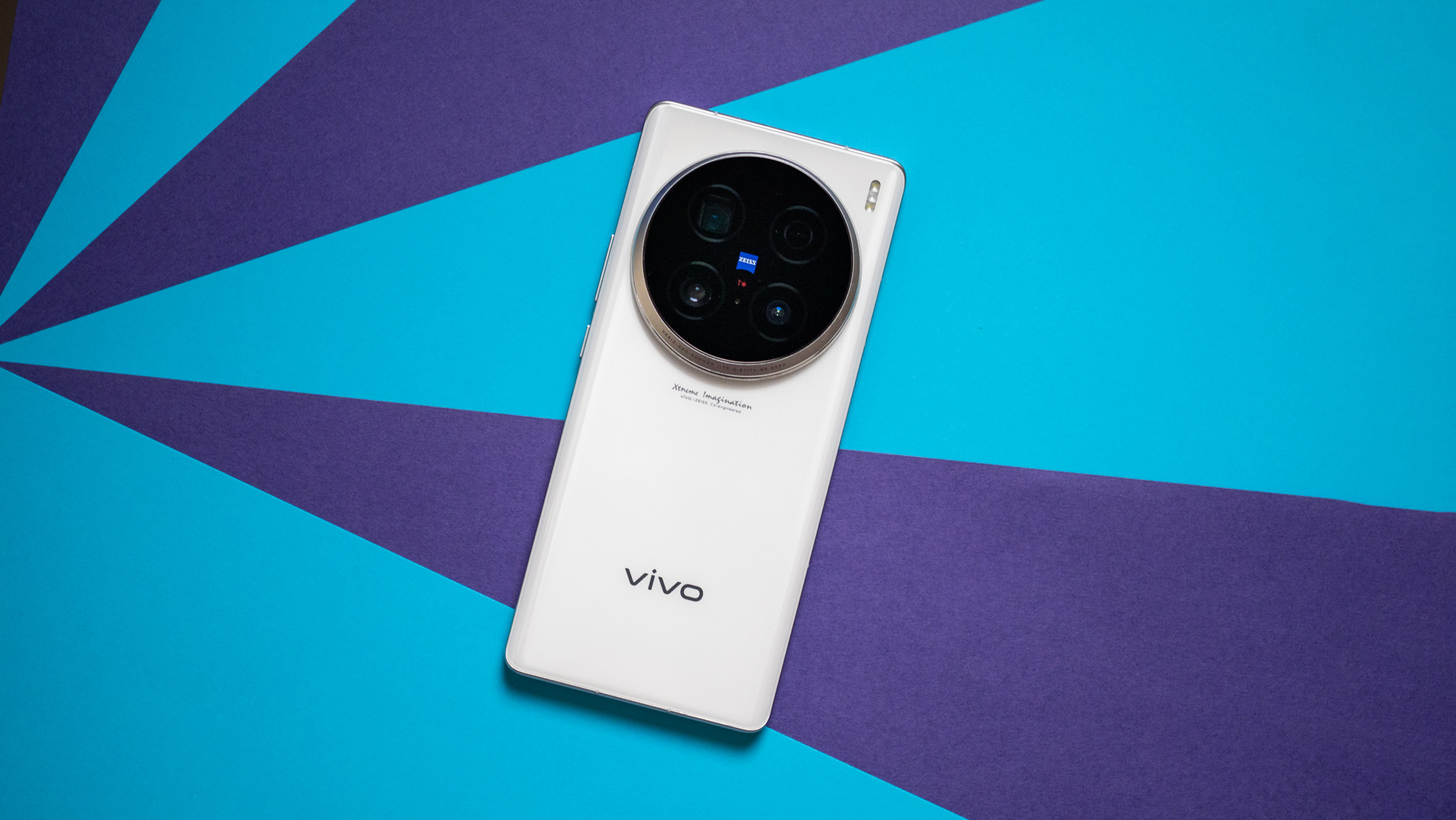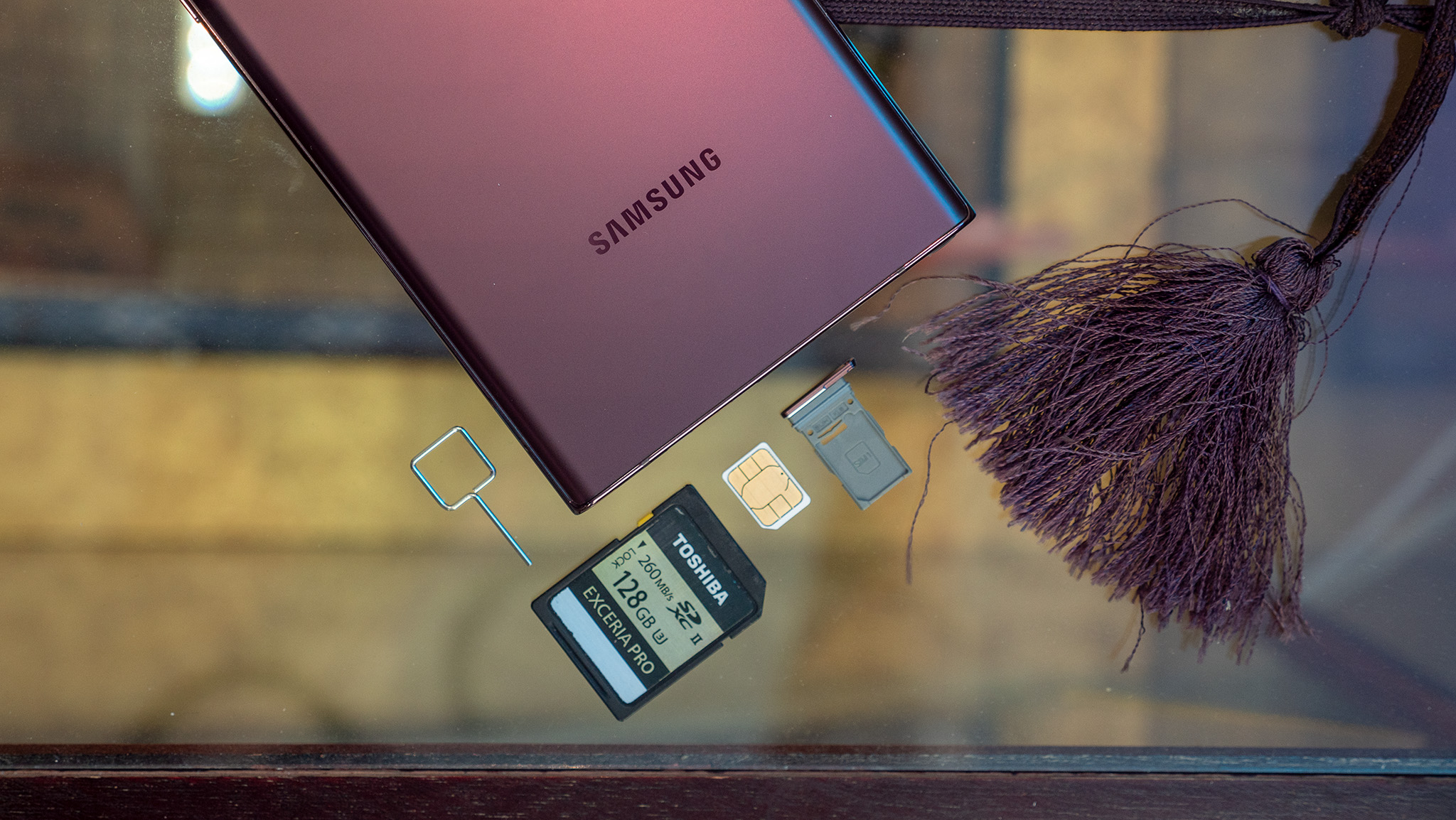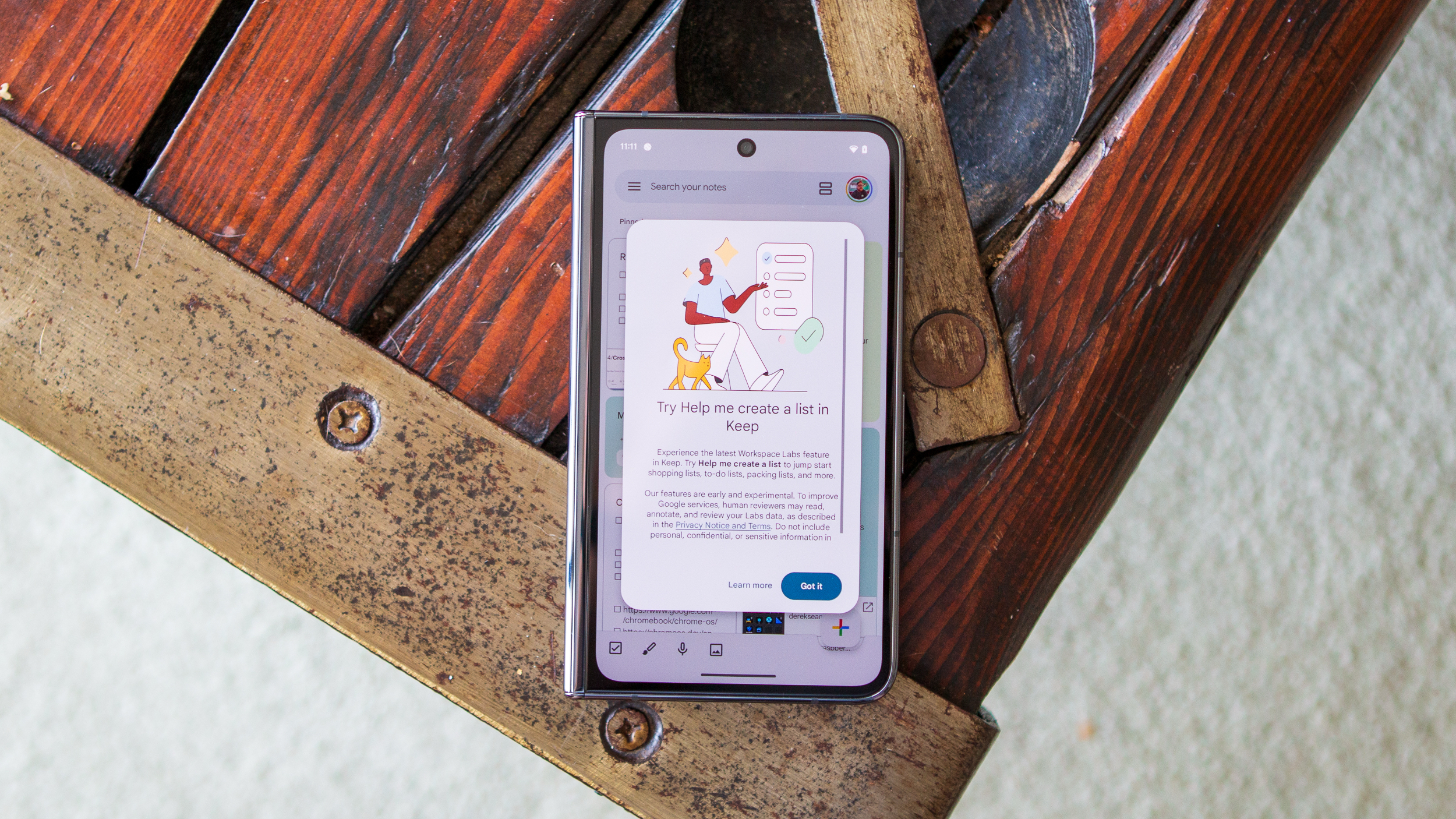What is an IP69 rating, and why should you care?
Here's what you need to know about the next level of ingress protection coming to 2025 phones.

Most flagships these days have IP68 dust and ingress protection, and if you're using Google, Samsung, or Xiaomi mid-range devices, you get IP67 protection against dust and water ingress.

In Hardwired, AC Senior Editor Harish Jonnalagadda delves into all things hardware, including phones, audio products, storage servers, and routers.
The IP68 rating has been standard on phones for nearly a decade, with Samsung introducing it on the Galaxy S7 series back in 2016. Other brands followed shortly thereafter, and these days, the rating is now a table stakes feature.
What's interesting is that most Chinese brands are switching to IP69 on their 2025 flagships. Vivo's X200, X200 Pro, and X200 Pro mini all come with IP69 ingress protection, alongside OPPO's Find X8 and X8 Pro. Other manufacturers in the BBK stable are getting in on the action as well, with both the Realme GT 7 Pro and OnePlus 13 getting IP69.
So what is IP69 dust and water resistance, and how is it different to IP68? At a high-level overview, an IP rating guarantees protection against dust and water making its way into a device. The two digits in the rating indicate the degree of protection; the first digit corresponds to protection against solid objects (including dust particles), while the second digit deals with liquids.
The 6 in IP68 means the device is effectively dustproof. To achieve this rating, the device is housed in a dust-filled enclosure with a steady stream of air blowing in, and it needs to withstand any dust from getting into the chassis after eight hours of testing.
The second number is interesting, because that's the key change with 2025 flagships. The 8 in IP68 refers to a device's ability to be submerged in up to 1.5 meters of water for an extended duration — usually lasting 30 minutes. Most phones conform to this standard, but the iPhone 16 Pro Max is able to be submerged in up to 6 meters of water.

Manufacturers use gaskets around the SIM card slot and sealant inside the chassis to protect the internals against water damage. With IP69, you get the same level of immersion in water, but these devices are also able to withstand high-pressure water jets going up to 1,450 PSI, and tolerate increased temperatures of up to 80 degrees Celsius (176 degrees Fahrenheit).
Get the latest news from Android Central, your trusted companion in the world of Android
Even with an IP68 rating, phones were pretty much resistant to any weather conditions, and IP69 goes one level beyond — it is the highest level of ingress protection available on consumer devices.
While IP69 has better protection against liquid ingress, it still has the same caveats — it doesn't cover salt water damage, so if you submerge your phone in a water body with high salinity, you should immediately rinse it with fresh water.
Just like with silicon-carbon battery tech, the IP69 rating is limited to Chinese brands, with BBK-owned entities leading the charge once again. It's unlikely Samsung, Apple, or Google will switch to the standard on their devices. This time though, I don't think it makes a big enough difference — IP68 protection is still more than adequate.

Harish Jonnalagadda is Android Central's Senior Editor overseeing mobile coverage. In his current role, he leads the site's coverage of Chinese phone brands, networking products, and AV gear. He has been testing phones for over a decade, and has extensive experience in mobile hardware and the global semiconductor industry. Contact him on Twitter at @chunkynerd.
You must confirm your public display name before commenting
Please logout and then login again, you will then be prompted to enter your display name.
